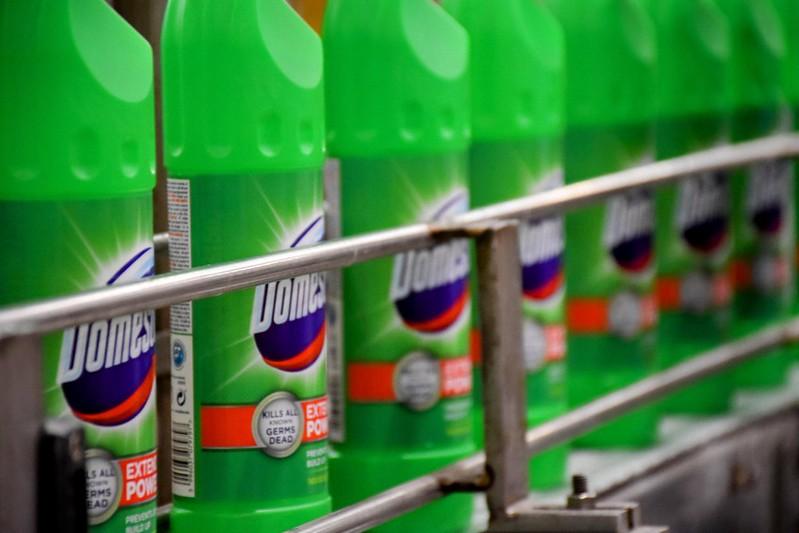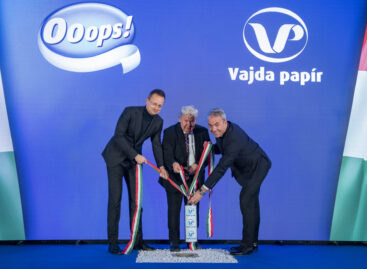The 23 billion investment of the domestic Domestos factory has been completed
With the completion of the automated high-rise warehouse built in the second phase, Unilever Magyarország Kft.’s investment of more than 60 million euros (about 23 billion forints), realized entirely by its own resources, of the household chemical plant in Nyírbátor has been completed. The final stage was handed over by Minister of Foreign Affairs and Trade Péter Szijjártó, just like the first.

Thanks to the investment, the annual production capacity increased from 300 million tons to 500 million, and the site became one of the most efficient and modern European factories of the British-Dutch parent company, where the appropriate area is available for further significant capacity development and even for the construction of new factory units.
In the second phase, a loading building and a modern, fully automated, 8,000-square-meter, 32-meter-high finished goods warehouse were built. This investment complemented the first phase handed over a year and a half ago, during which an 11,400 square meter packaging hall was built and two new production lines were put into operation. On one of the latter, household and hygiene products (e.g. Domestos, Flórasept) are filled, and on the other, detergents and fabric softeners (e.g. Coccolino) are packed. The factory expansion also enables future production increases, as there is room for four more production lines, each with a capacity of 35 million bottles per year, in the new building complex.
Related news
AgroSprint Zrt. launches nine billion development in Nyírlugos and Karcag
🎧 Hallgasd a cikket: Lejátszás Szünet Folytatás Leállítás Nyelv: Auto…
Read more >Vajda-Papír Group launches large-scale investment in Dunaföldvár
🎧 Hallgasd a cikket: Lejátszás Szünet Folytatás Leállítás Nyelv: Auto…
Read more >Related news
Nearly 140 domestic suppliers, 60% growth – SPAR Regions Treasures program accelerates with AI solutions
🎧 Hallgasd a cikket: Lejátszás Szünet Folytatás Leállítás Nyelv: Auto…
Read more >








